- The Oracle SQL Course is important for anyone who wants to work with databases in todays world, where data is everywhere. SQL, or Structured Query Language, is the main language used to work with databases. By taking this course, you will learn how to create, manage, and manipulate databases effectively.
- This knowledge is vital for jobs in data analysis, software development, and IT. As the need for data professionals grows, having Oracle SQL skills can improve your job opportunities and career advancement, making you a valuable asset to any company.
- What You Will Learn:
- Personal Skills Development:
- Joining the Oracle SQL Course also helps you develop:
- Prerequisites:
- Before joining the Oracle SQL Course, its good to have a few basic skills to help you learn better. While you dont need prior experience with databases, knowing some computer programming concepts can be useful. Understanding data structures and how databases work will make learning SQL easier.
- Who Should Attend:
Database Basics
SQL Queries
Data Manipulation
Table Creation
Data Retrieval
Joins Understanding
Data Filtering
Aggregate Functions
Indexing Techniques
Performance Optimization
Analytical Thinking: You will learn how to look at data and make smart decisions based on what you find.
Problem-Solving: The course teaches you how to spot problems in data and figure out how to fix them.
Attention to Detail: Working with SQL helps you become more focused on small details, which is important for managing data accurately.
Time Management: You will get better at using your time wisely while working on database tasks to finish projects on time.
Communication Skills: You will learn how to explain technical ideas to people who dont have a tech background, making it easier to work in a team.
Collaboration: You will work with others on projects, helping you improve your teamwork skills and share ideas.
Adaptability: Learning SQL will make you more open to trying new tools and methods in data management.
Self-Confidence: Mastering SQL will boost your confidence, making you more willing to take on new challenges at work.
Critical Thinking: You will learn to evaluate data and make logical choices, which is important for good decision-making.
Technical Proficiency: You will get more comfortable using database software, improving your overall tech skills, which are useful in many jobs.
Aspiring Analysts
Data Professionals
IT Students
Software Developers
Business Analysts
Database Administrators
Project Managers
Technical Writers
Data Scientists
Career Changers
- The goal of the Oracle SQL Database Certification Training is to help learners gain the skills needed to manage and work with databases effectively. Participants will learn how to write SQL queries, create and manage database structures, and analyze data. The training focuses on building a strong understanding of database concepts, allowing learners to work confidently with Oracle databases.
- Freshers in the tech industry can expect to earn between 3,00,000 and 6,00,000 per year, depending on their skills and job type. In areas like data analysis and software development, starting salaries can go up to 8,00,000. For jobs in other fields, like marketing or finance, starting pay usually ranges from 3,00,000 to 5,00,000. Overall, freshers have many job opportunities with good starting salaries in different industries.
- Completing Oracle SQL Database Certification Training can open up many job opportunities for you. With this certification, you can apply for roles like database administrator, data analyst, or software developer. Many employers appreciate this certification, which can lead to better job chances and higher pay.
- Oracle SQL Database Certification Training is important today because many companies depend on data to make decisions. This training teaches you the skills needed to manage and analyze data effectively, which are needed in many jobs. As more businesses use databases, having this certification helps you stand out when applying for jobs and improves your chances of getting hired.
- Key Roles and Responsibilities
Data Management
Query Writing
Database Design
Performance Tuning
Data Analysis
Troubleshooting Issues
Security Management
Backup Solutions
User Access Control
Report Generation
- The top industries hiring Oracle SQL professionals include information technology, finance, healthcare, and telecommunications. In the IT field, companies need people to manage databases and analyze data. The finance industry relies on accurate data for reporting and making decisions. Healthcare organizations use SQL to manage patient information and analyze research data. Telecommunications companies also look for SQL experts to handle large amounts of data.
- Upon completing the Oracle SQL Database Certification Training, you will earn a widely recognized certificate. Certification is a great way to demonstrate your expertise and gain an advantage over those who are not certified.
Why should you get started with the Oracle SQL Database Certification Training?
By registering here, I agree to Croma Campus Terms & Conditions and Privacy Policy
 Course Duration
Course Duration
40 Hrs.Flexible Batches For You
14-Dec-2024*
- Weekend
- SAT - SUN
- Mor | Aft | Eve - Slot
16-Dec-2024*
- Weekday
- MON - FRI
- Mor | Aft | Eve - Slot
18-Dec-2024*
- Weekday
- MON - FRI
- Mor | Aft | Eve - Slot
14-Dec-2024*
- Weekend
- SAT - SUN
- Mor | Aft | Eve - Slot
16-Dec-2024*
- Weekday
- MON - FRI
- Mor | Aft | Eve - Slot
18-Dec-2024*
- Weekday
- MON - FRI
- Mor | Aft | Eve - Slot
Want To Know More About
This Course
Program fees are indicative only* Know more
Timings Doesn't Suit You ?
We can set up a batch at your convenient time.
Program Core Credentials
Trainer Profiles
Industry Experts
Trained Students
10000+
Success Ratio
100%
Corporate Training
For India & Abroad
Job Assistance
100%
Batch Request
FOR QUERIES, FEEDBACK OR ASSISTANCE
Contact Croma Campus Learner Support
Best of support with us
CURRICULUM & PROJECTS
Oracle SQL Database Certification Training
- Module 1: Introduction & Software Installation
Overview of Oracle Database
Overview of RDBMS Concepts And Terminologies
Introduction to SQL and its Development Environments
Installing Oracle
Installing Java SDK
Installing SQL Developer Client
- Module 2: Retrieve Data Using The Sql Select Statement
List the Capabilities Of Sql Select Statements
Generate a Report Of Data From The Output Of a Basic Select Statement
Use Arithmetic Expressions and Null Values In the Select Statement
Invoke Column Aliases
Concatenation Operator, Literal Character Strings, Alternative Quote Operator, and the Distinct Keyword
Display the Table Structure Using the Describe Command
- Module 3: Restricted And Sorted Data
Write Queries With a Where Clause to Limit the Output Retrieved
Describe the Comparison Operators and Logical Operators
Describe the Rules Of Precedence For Comparison and Logical Operators
Usage Of Character String Literals In the Where Clause
Write Queries With an Order By Clause
Sort the Output In Descending and Ascending Order
Substitution Variable
- Module 4: Usage Of Single-Row Functions To Customize Output
List the Differences Between Single Row and Multiple Row Functions
Manipulate Strings Using Character Functions
Manipulate Numbers With the ROUND, TRUNC, and MOD Functions
Perform Arithmetic With Date Data
Manipulate Dates With the DATE Functions
- Module 5: Conversion Functions And Conditional Expressions
Describe Implicit and Explicit Data Type Conversion
Describe The TO_CHAR, TO_NUMBER, And TO_DATE Conversion Functions
Nesting Multiple Functions
Apply the NVL, NULLIF, and COALESCE Functions to Data
Usage Of Conditional IF THEN ELSE Logic In a SELECT Statement
- Module 6: Aggregated Data Using The Group Functions
Usage Of The Aggregation Functions In SELECT Statements To Produce Meaningful Reports
Describe the AVG, SUM, MIN, and MAX Function
How to Handle Null Values In a Group Function
Divide The Data In Groups By Using The GROUP BY Clause
Exclude Groups Of Date By Using The HAVING Clause
- Module 7: Display Data From Multiple Tables
Write SELECT Statements To Access Data From More Than One Table
Join Tables Using SQL:1999 Syntax
View Data That Does Not Meet a Join Condition By Using Outer Joins
Join A Table To Itself By Using a Self-Join
Create Cross Joins
- Module 8: Usage Of Subqueries To Solve Queries
Use a Subquery To Solve a Problem
Single-Row Subqueries
Group Functions In A Subquery
Multiple-Row Subqueries
Use The ANY and ALL Operator In Multiple-Row Subqueries
Use The EXISTS Operator
- Module 9: SET Operators
Describe The SET Operators
Use A SET Operator To Combine Multiple Queries Into a Single Query
Describe The UNION, UNION ALL, INTERSECT, and MINUS Operators
Use The ORDER BY Clause In Set Operations
- Module 10: Data Manipulation
Add New Rows To a Table
Change The Data In a Table
Use The DELETE and TRUNCATE Statements
How To Save and Discard Changes With The COMMIT and ROLLBACK Statements
Implement Read Consistency
Describe The FOR UPDATE Clause
- Module 11: DDL Statements To Create And Manage Tables
Categorize Database Objects
Create Tables
Describe The Data Types
Understand Constraints
Create a Table Using A Subquery
How To Alter a Table
How To Drop a Table
- Module 12: Other Schema Objects
Create, Modify, And Retrieve Data From a View
Perform Data Manipulation Language (DML) Operations On a View
How to Drop a View
Create, Use, and Modify a Sequence
Create and Drop Indexes
Create and Drop Synonyms
- Module 1: Manipulating Data
Default Values for Columns
Virtual Columns
Arithmetic Calculations on NULL Values
Multi table Insert's
Merge the Data
- Module 2: Analytical Functions
Analytical Functions Introduction
Getting the Cumulative Sum of Sales
Displaying Sales as a Percentage of Total Sales
Ranking your Data
Performing Top N Analysis
Dividing your Data into Bands
LAG and LEAD Function Examples
Analyzing Sales Growth Across Time
Analytical Functions Recap
- Module 3: Transforming the Data
Row Level Data to Column Level using CASE statement
Row Level Data to Column Level using PIVOT
Row Level Data to Column Level using LISTAGG
Column Level Data to Row Level using UNION
Column Level Data to Row Level using UNPIVOT
- Module 4: Hierarchical Queries
Hierarchical Queries Introduction
Connect By Clause
Creating the Hierarchy Tree
Sorting the Hierarchy Tree
CONNECT_BY_ROOT Unary Operator
SYS_CONNECT_BY_PATH Function
CONNECT BY for Number Generation
- Module 5: Regular Expressions
Regular Expressions Introduction
Meta Characters . and +
Meta Characters and *
Interval Operator to Match the Number of Occurrences
Matching the Characters in a List
Combine Multiple Expressions Using
Mock Interviews

Projects
Phone (For Voice Call):
+91-971 152 6942WhatsApp (For Call & Chat):
+918287060032SELF ASSESSMENT
Learn, Grow & Test your skill with Online Assessment Exam to
achieve your Certification Goals

FAQ's
Getting certified in Oracle SQL shows employers you have the skills to manage databases, making you a more appealing candidate in a crowded job market.
Yes, workers in areas like finance, healthcare, and marketing can use Oracle SQL skills to analyze data and make better decisions in their fields.
Yes, Oracle SQL certification is known globally, giving you credibility and more job opportunities in different countries.
Understanding SQL helps you spot weaknesses in how databases are managed, allowing you to put better security measures in place to protect important information.
SQL helps you quickly find and analyze data, so businesses can make informed choices based on up-to-date information and trends.

- - Build an Impressive Resume
- - Get Tips from Trainer to Clear Interviews
- - Attend Mock-Up Interviews with Experts
- - Get Interviews & Get Hired
If yes, Register today and get impeccable Learning Solutions!

Training Features
Instructor-led Sessions
The most traditional way to learn with increased visibility,monitoring and control over learners with ease to learn at any time from internet-connected devices.
Real-life Case Studies
Case studies based on top industry frameworks help you to relate your learning with real-time based industry solutions.
Assignment
Adding the scope of improvement and fostering the analytical abilities and skills through the perfect piece of academic work.
Lifetime Access
Get Unlimited access of the course throughout the life providing the freedom to learn at your own pace.
24 x 7 Expert Support
With no limits to learn and in-depth vision from all-time available support to resolve all your queries related to the course.
Certification
Each certification associated with the program is affiliated with the top universities providing edge to gain epitome in the course.
Showcase your Course Completion Certificate to Recruiters
-
Training Certificate is Govern By 12 Global Associations.
-
Training Certificate is Powered by “Wipro DICE ID”
-
Training Certificate is Powered by "Verifiable Skill Credentials"




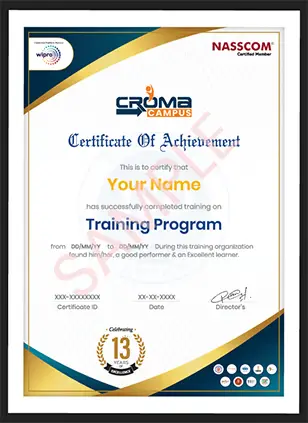
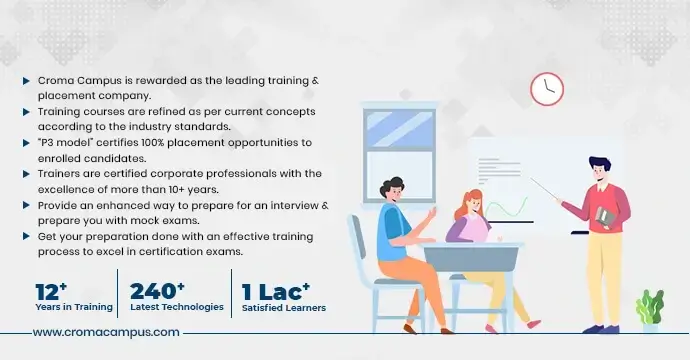

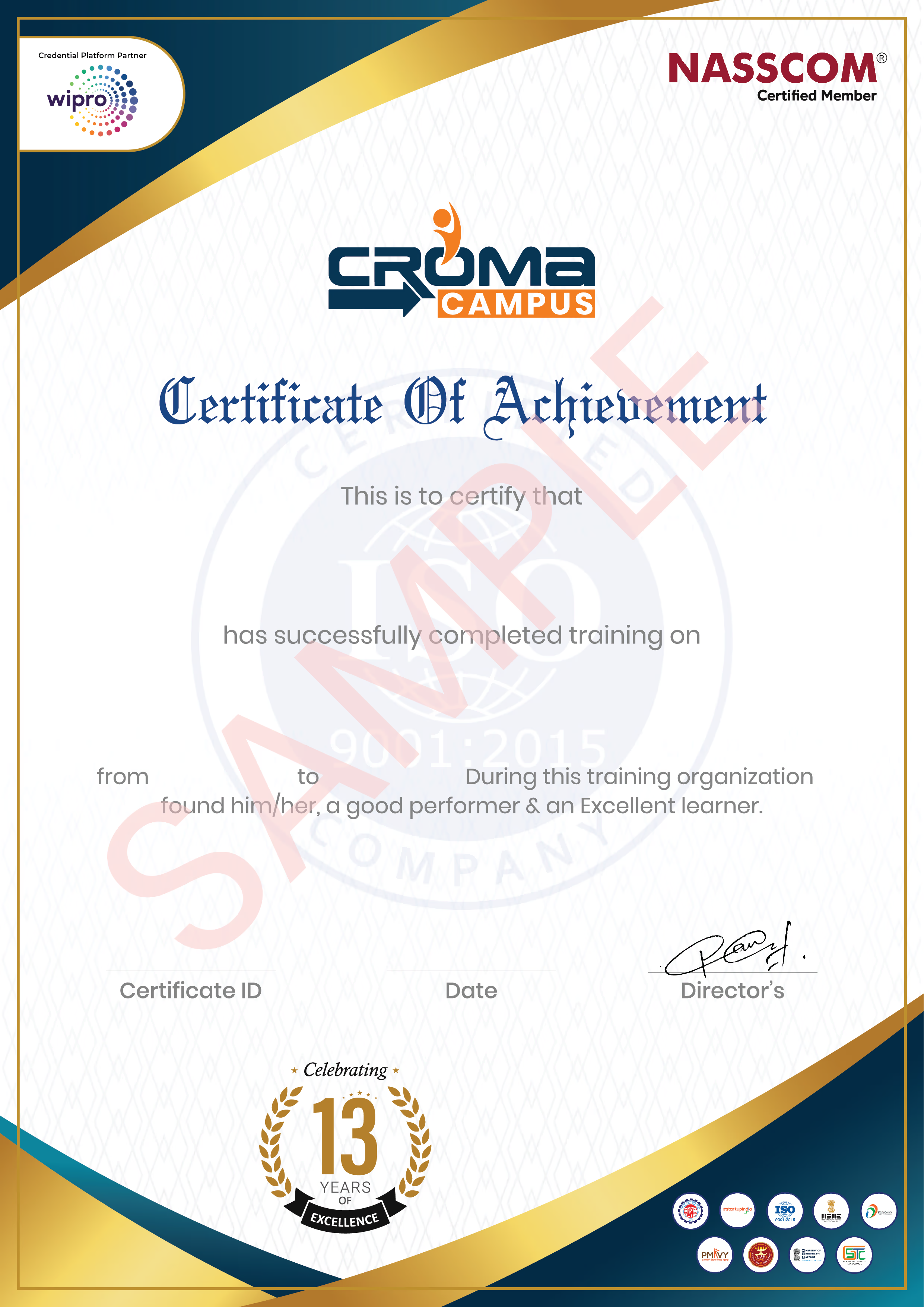
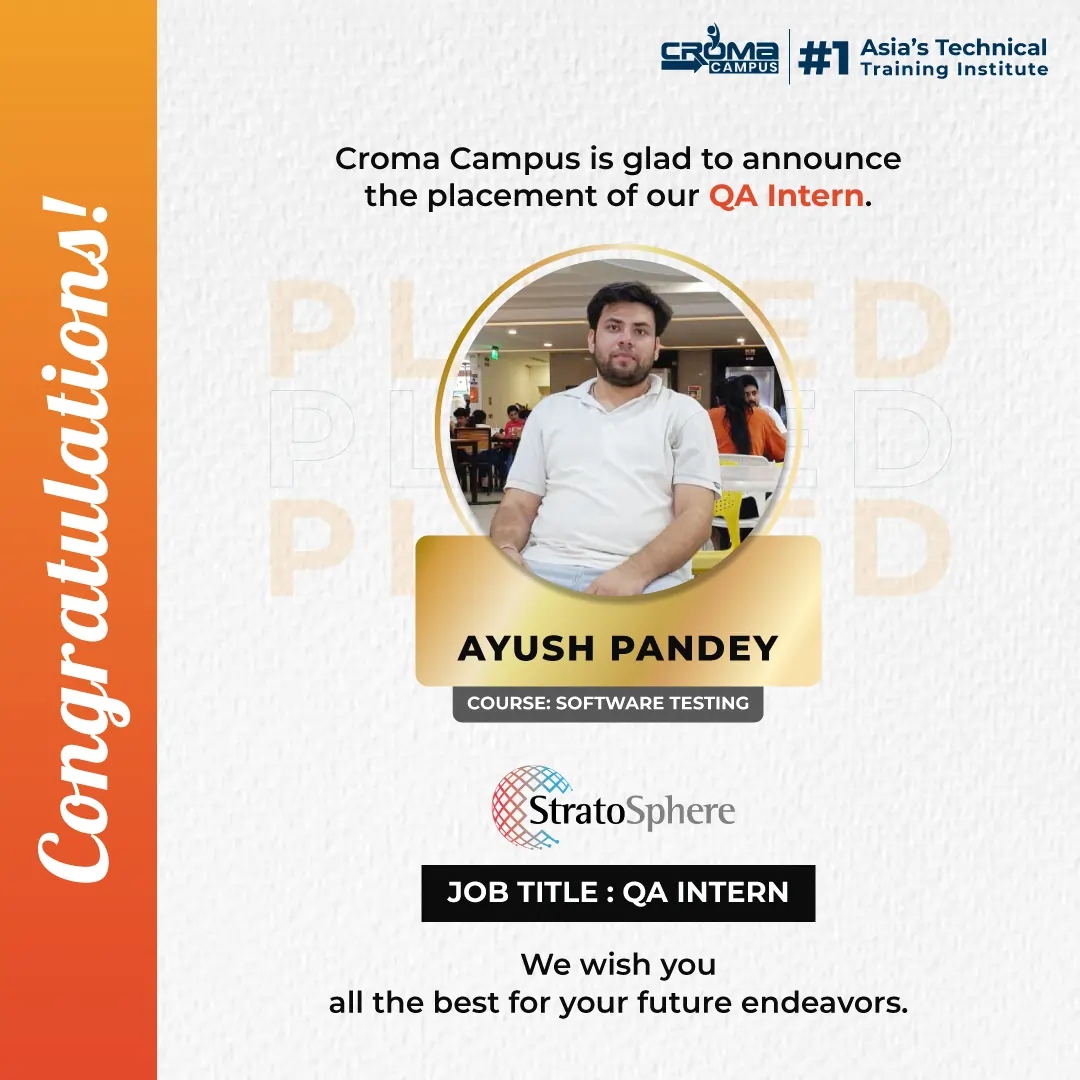









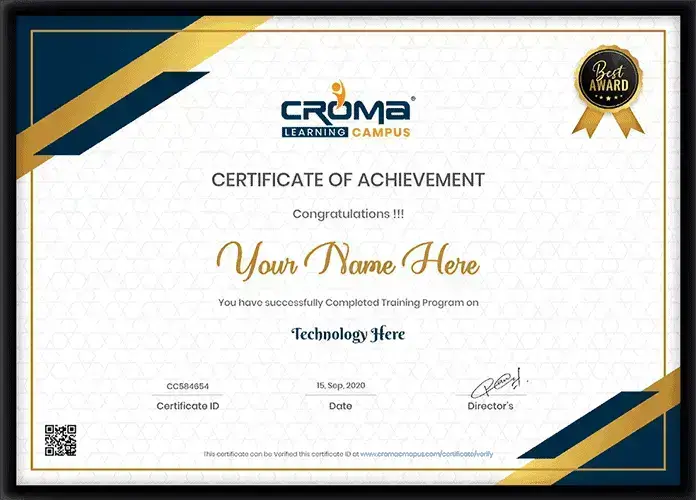












 Master in Cloud Computing Training
Master in Cloud Computing Training